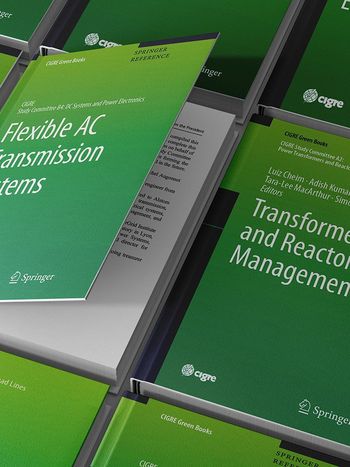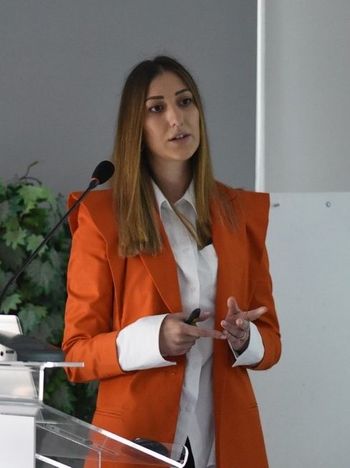What is special about the Special Reporter?
CIGRE is unique in how it manages the Group Discussion Meetings at the biennial Paris session. As mentioned in previous editorials the Group Discussion Meetings does not present papers but rather discusses questions raised by the Special Reporters based on the preferential subjects and papers submitted. Many more papers can be dealt with in a day with subsequent increase in knowledge transfer to delegates.
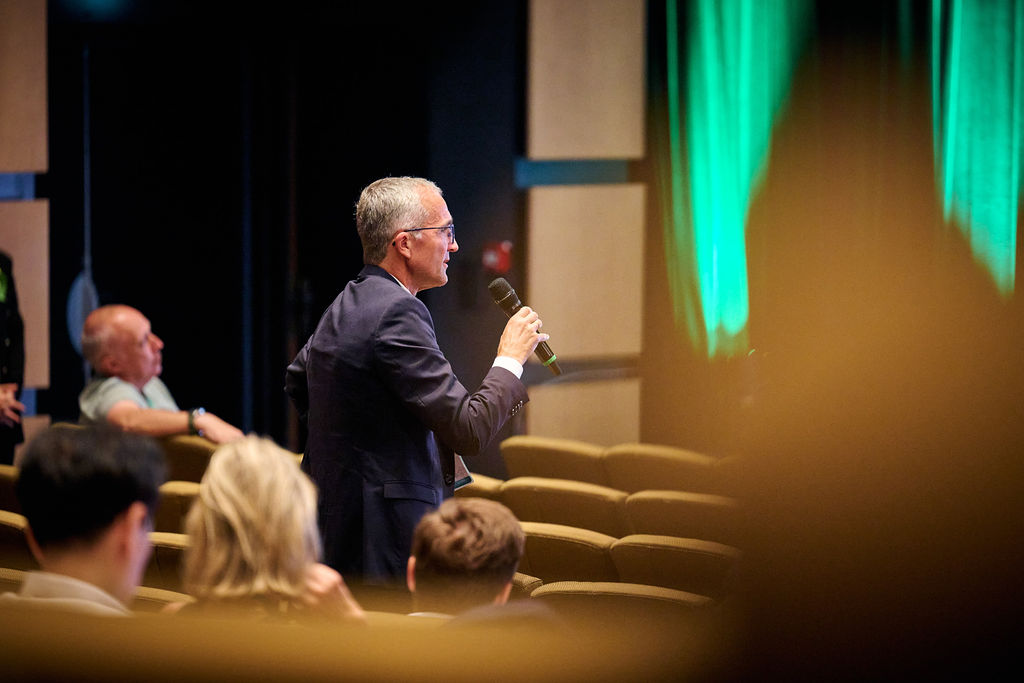
By Rob Stephen, Editor-in-Chief of the CIGRE Science & Engineering Journal and former CIGRE President (2016 - 2020)
& Rannveig S.J. Løken, Chair of CIGRE Technical Council
The process depends very heavily on the role of the Special Reporter. The type and number of questions raised, dictates the number of contributions received and discussions held. This editorial covers the details of this key role in Paris Session.
The Special Reporter is nominated by peers in the Study Committee. In the past there was normally only one Special Reporter dealing with all preferential subjects and papers. This proved quite onerous in some Study Committees and led to the appointment of one Special Reporter per preferential subject. The Special Reporter is a person who is recognised internationally to have in depth knowledge of the particular topic. They are expected to be able to assess papers received, identify discrepancies, gaps, or anomalies and write questions to obtain information from other experts in the world to comment on the content and findings of the paper concerned.
To be elected by your peers as a Special Reporter is a great honour.
The Special Reporter also needs to understand the nature and intent behind the preferential subject (recall that the preferential subject is determined by the Technical Council after the Paris Session for the next Paris Session). They need to ensure that the questions and discussion will adequately answer the questions and topics raised by the preferential subject.
The Special Reporter therefore receives the completed papers, normally the Special Reporter is expected to deal with around 20-30 papers. This is all in their spare time as volunteers of course. After reviewing and examination of the Session Papers, the Special Reporters compile questions, that are not specifically aimed at the papers’ authors, but are synthesised from common issues and trends identified in across the papers.
The questions cannot be too specific as this may lead to few contributions. They also cannot be too broad so as not to answer the topic at hand. A delicate balance is therefore required to ensure that the questions raise meaningful contributions from experts that answer the questions supporting the papers and preferential subject. The Special Reporter also needs to ensure that the question does not have too many sub-questions so as to dilute the possible contributions or create confusion as to what is required.
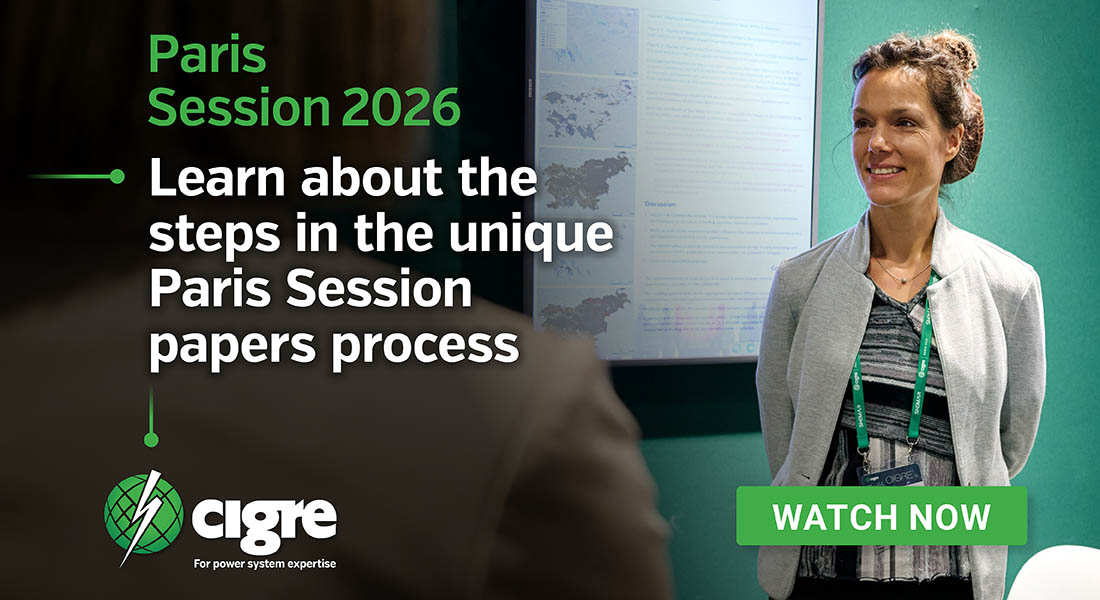
Once complete the Special Reporter submits a report to Study Committee Chair. The report covers a summary of the papers reviewed as well as the questions pertaining to the papers and the preferential subject. This report is submitted to the Study Committee Chair (or senior Special Reporter) who compiles the other Special Reporter submissions into a consolidated report for the Study Committee. This Special Reporter report is then posted on the website to enable potential contributors to analyse the papers, the report, and compile contributions in answer to the Special Reporter questions.
Session attendees are encouraged to share their views and experiences in response to these specific questions. This provides the opportunity for a broader response and participation in the Group Discussion Meetings. Authors and intended contributors should prepare their slides in advance and make them available to Study Committees for a prior check and more optimal organization of the meetings. Templates and instructions are posted on CIGRE Session website and circulated to all a few months ahead the Session. Contributors will upload their prepared contributions directly through their personal account on the registration portal.
Each contribution is analysed to ensure that it answers the questions posed, does not contain promotional material, and is short and to the point so as to complete the presentation in the allocated time. If accepted, a time for the contributor to present is allocated. 2 or 3 slides for a 5 - 10 minutes presentation is a usual format. The meeting convener asks each contributor to take the floor and present the contribution to the audience, with a speaking time schedule set up in advance. If needed, the Special Reporter can meet the contributors the day prior to the Group Discussion Meetings (often in the Poster Session).
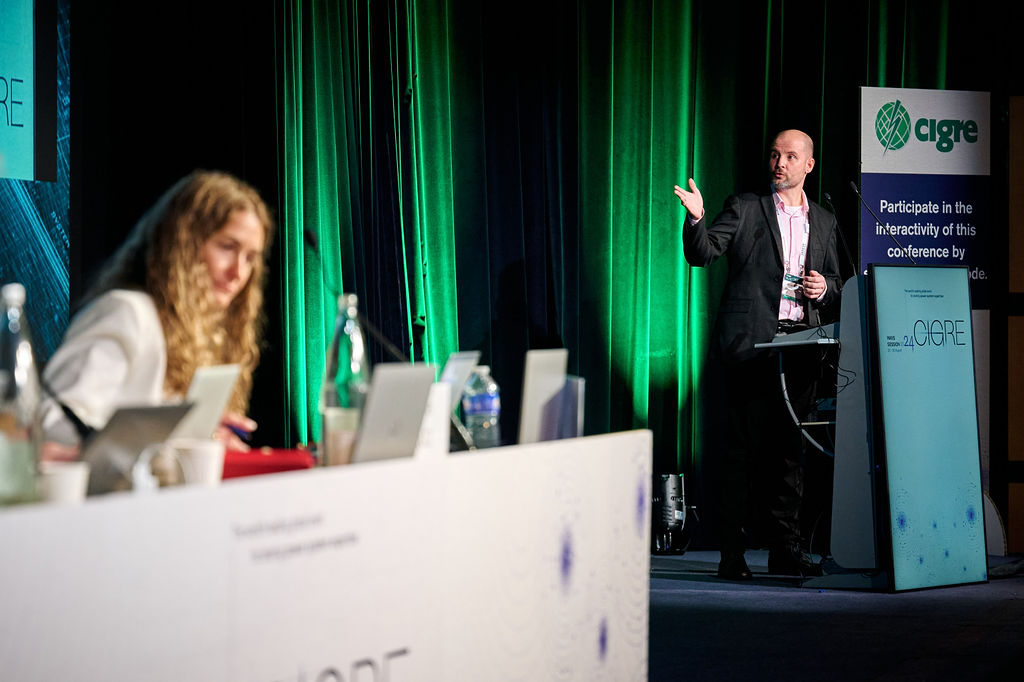
The work of the Special Reporter does not stop there. At the Group Discussion Meeting the Special Reporter needs to monitor the discussions and compile a summary of the main points. Once written, they need to review the other Special Reporter summaries and, together with the Study Committee chair, compile a consolidated report. This report needs to be published the day after the Group Discussion Meetings for the Study Committee. This means that, when others are enjoying the night life of Paris, the Special Reporter has to spend the evening compiling reports.
The work of the Special Reporter is critical to the operation of the Group Discussion Meetings during Paris session. The selection of the Special Reporter is very important, and the Study Committee members need to carefully consider who they wish to appoint. The incumbent needs to have excellent technical knowledge on the topic from a global perspective. They also need to be able to write concisely and summarise technical discussions accurately. They also need time to review papers and prepare the Special Reporter report whilst continuing with normal work activities.
The Special Reporter work is not for the faint hearted, and it is one of CIGRE’s unique ways to maintain quality for our members.
Having been privileged to be a Special Reporter a number of times I would state that the experience is one not to be missed. If you feel you have the qualifications in the Study Committee, I would urge you to approach the Study Committee chair and offer your services as a Special Reporter.
I hope to see you at a CIGRE event soon.


